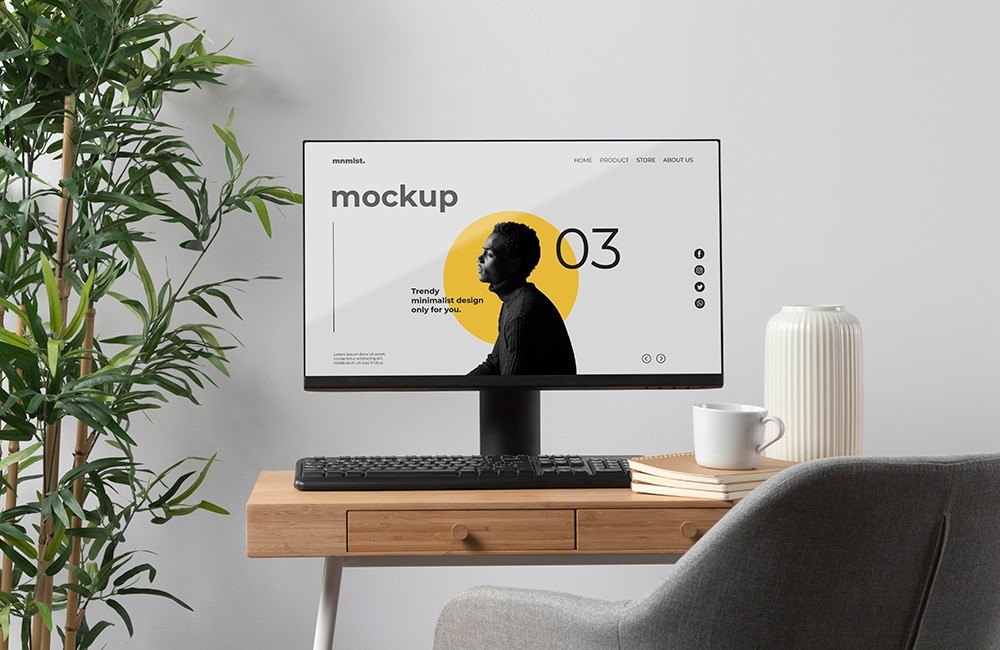Our versatile team is built of designers, developers and
digital marketers who all bring unique
experience.

🌐 Static vs Dynamic Website: Which One is Right for You?
When launching a website, one of the first technical choices you’ll face is whether to build a static or dynamic website. Both have unique advantages and serve different purposes. The right choice depends on your business goals, content needs, and scalability plans.
In this blog, we’ll break down the difference between static and dynamic websites, compare their pros and cons, and help you decide which one fits your project best in 2025.
A static website is made up of fixed HTML pages stored on a server. Each page is manually coded and delivered to the user exactly as it is.
🧱 Examples:
Portfolio websites
Company landing pages
Resume or brochure-style sites
🧰 Technologies Used:
HTML, CSS, JavaScript (without server-side logic)
A dynamic website fetches content from a database and can change based on user interaction, time, login status, or other conditions.
💡 Examples:
eCommerce websites
News portals
Social networks
LMS, CRM systems
🧰 Technologies Used:
PHP, Laravel, Python, Node.js, MySQL, React, etc.
| Feature | Static Website | Dynamic Website |
|---|---|---|
| Content Management | Manual (hard-coded) | Automated (CMS or backend admin panel) |
| Development Time | Faster and simpler | Takes more time to build and test |
| Scalability | Limited scalability | Highly scalable and customizable |
| Performance | Very fast (no server-side processing) | Slightly slower due to backend processing |
| Interactivity | Very limited | Highly interactive and personalized |
| Cost | Lower development cost | Higher initial cost, but more long-term value |
| Maintenance | More manual updates | Easier to manage with admin dashboard |
| Best for | Small sites, brochures, portfolios | eCommerce, blogs, apps, membership sites |
Choose a static site if:
You have a small site with few pages.
Content doesn’t change often.
You need it built quickly on a tight budget.
Speed and simplicity are top priorities.
You’re showcasing a portfolio or basic company profile.
Go for a dynamic site if:
You’ll update content frequently (e.g., blog, news, products).
You want user login, dashboard, or admin panel.
Your site needs interactivity (search, filtering, comments).
You're building an eCommerce, LMS, or CRM.
You’re planning for growth and scaling.
Static: A designer’s personal portfolio built with HTML & CSS.
Dynamic: A multi-vendor marketplace or online learning platform built in Laravel with MySQL database.